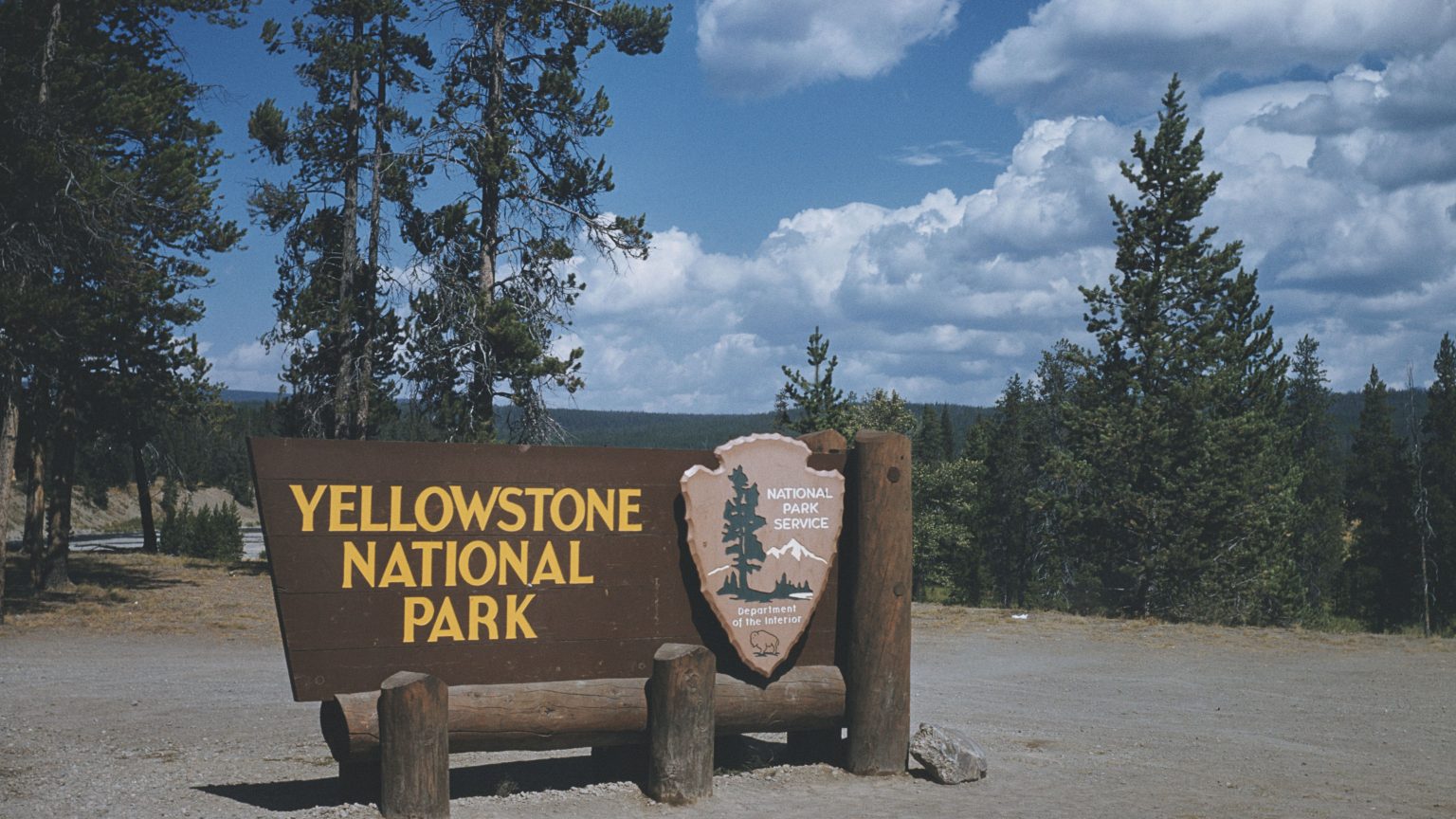On August 25, 1916, President Woodrow Wilson signed the National Park Service Organic Act into law, creating the National Park Service, a federal bureau responsible for protecting the national parks and monuments. This was a significant step in growing and protecting the world’s largest park system. The NPS currently manages over 400 reservations in all 50 states, welcoming approximately 300 million visitors annually and employing around 20,000 people.
The United States established its first national park, Yellowstone National Park, under President Ulysses S. Grant in 1872. This was followed by the creation of Yosemite, Mount Rainier, and Crater Lake national parks. The nation was keen to protect its vast wilderness and historic sites, but faced challenges such as poaching and exploitation of natural resources. The Organic Act aimed to address these issues by providing greater management and oversight to the national park system.
The National Park System covers approximately 133,000 square miles, making it roughly the size of Germany and larger than Poland, Italy, or the United Kingdom. It is larger than 170 nations in the world combined. The Organic Act gave the National Park Service a dual mission of conserving park resources while providing for their use and enjoyment in a way that leaves them unimpaired for future generations. This directive is considered one of the most important statutory directives for protecting natural and cultural heritage in the United States.
Before the Organic Act, more than a dozen national parks and 30 national monuments had been designated, but with little oversight. Poachers targeted wildlife and opportunists sought to exploit natural resources. For example, the Hetch Hetchy Valley in Yosemite was flooded as a reservoir for San Francisco’s residents. The act sought to prevent further exploitation and ensure that the national parks were managed and protected effectively.
The importance of the Organic Act and the creation of the National Park Service is highlighted by the recognition of the National Park System as ‘the best idea America ever had.’ President Bush described it as ‘America’s gift to the world.’ The National Park Service continues to play a vital role in preserving and protecting the nation’s natural and cultural heritage for future generations. The system has grown significantly since its establishment, with hundreds of parks and monuments across the country welcoming millions of visitors each year.
In celebration of the 150th anniversary of Yellowstone National Park, it is crucial to recognize the significance of the Organic Act and the establishment of the National Park Service in protecting and preserving America’s natural and cultural heritage. The national park system continues to serve as a model for conservation and responsible stewardship of the country’s most treasured landscapes and historic sites.


